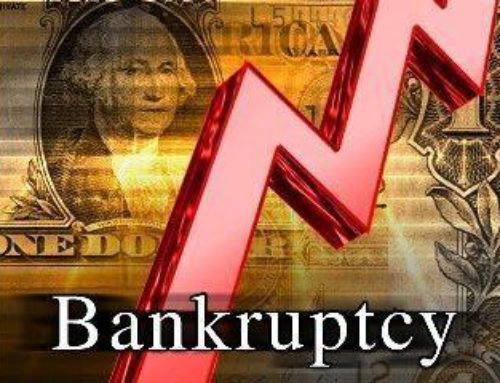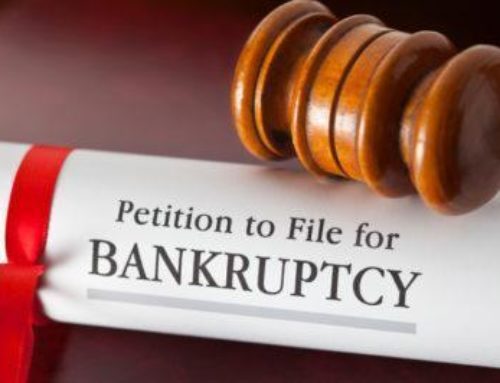The Bankruptcy Code requires that you to send all your disposable income to the Chapter 13 Trustee for at least three years and in some cases for up to five years. Your disposable income is the amount left over after you subtract your reasonable and necessary living expenses from your net income.
This amount is shown as your payments set out in paragraph 1 of your plan. Sometimes it will take more than 3 years to complete your plan. There is, however, one exception to this 3-year rule. You may pay off your plan before 3 years if you pay all creditors who have filed claims 100%. If you can’t pay the full 100%, you must make your plan payments for at least 3 years before you are eligible for discharge. You can ask to pay off your plan after 3 years only if you can pay 100% of what is due to the creditors who must be paid during the life of the plan. These include secured creditors; priority tax claims and sometimes back child support.
Paying off your plan early can be complicated and you should check with your attorney before you contact the Portland Chapter 13 Trustee. Making larger payments to the Portland Chapter 13 Trustee is required if your income increases (see answer to question # 4). When the Trustee receives unexpected extra payments, he will wonder where you got the extra money. So, if you want to make larger payments because you got a big raise amounting to more than 10% of what you originally reported as your income, you should inform the Trustee of that fact in writing when you begin sending in more money. You will, however, still be required to make payments to the Trustee for 3 years unless you can pay all your creditors in full.










